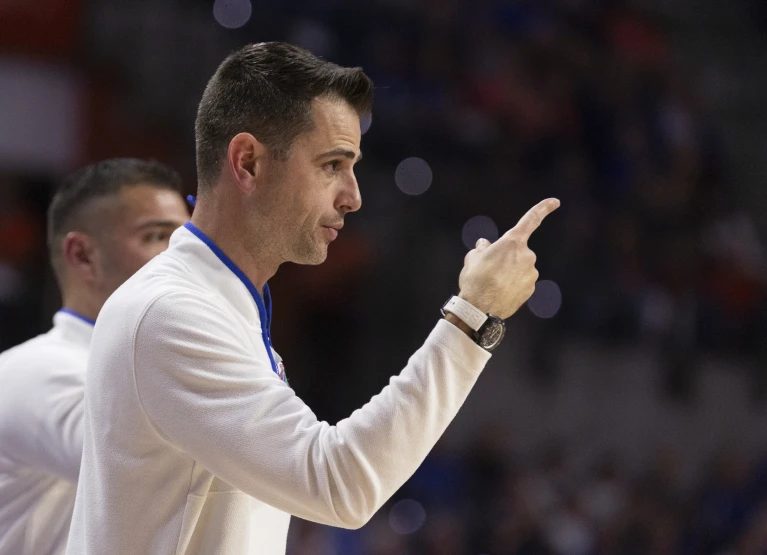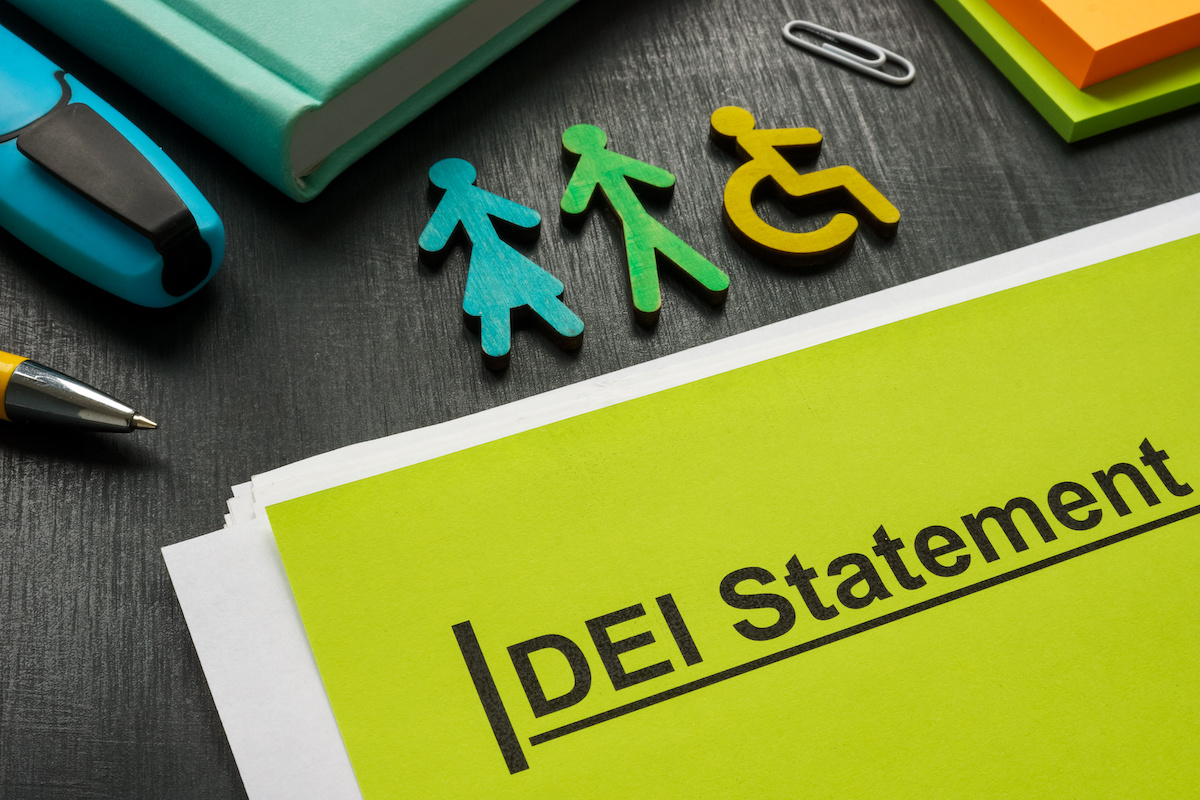More than $245 million stands to roll into Pinellas County in the 2025-26 fiscal year from the state of Florida, according to the House budget proposal.
The largest expenditure that would benefit Pinellas is $87.8 million for Family Support Services of Suncoast, which serves as the lead agency in Pinellas and Pasco counties working to avoid removing kids from their homes and supporting struggling families.
The University of South Florida (USF) St. Petersburg campus also stands to land a big chunk of the state’s proposed upcoming budget, with $36 million allotted in the House version for the campus’ operating budget and another $5 million for an environmental and oceanographic sciences research and teaching facility. Those proposed allotments are in addition to other general funding for USF, which has a main campus in Tampa and another regional campus in Sarasota.
The Early Learning Coalition of Pinellas County would receive $31 million in the House proposed budget.
House budget chiefs have also slotted $27.9 million for workforce education within Pinellas County Schools, as well as $13 million for voluntary pre-K.
Other items benefiting Pinellas County in the House proposed budget range from low five-figure allocations to multimillion-dollar line items, and would pay for things like fire station upgrades, wastewater improvement, education, criminal justice reentry programs, seniors and more.
Here are other expenditures proposed in the House budget that would be directed to programs, services, government and groups in Pinellas County.
— $5 million: Gulfport Potable Water Proactive Storm Mitigation.
— $2.5 million: Ponce De Leon Boulevard improvements in Belleair.
— $1.8 million: St. Petersburg College for its Prepping Institutions, Programs, Employers, and Learners through Incentives for Nursing Education (PIPELINE) program.
— $1.8 million: Barbara Circle reconstruction in Belleair.
— $1.7 million: Mehlenbacher West improvements in Belleair.
— $1.54 million: The inspHire program (formerly Reentry Plus) for pre-release risk assessment, plan of care, professional development, life management skills training and referrals for certain incarcerated people, including post-release services such as professional development, job and skills training, family reunification, financial assistance and job placement assistance for qualifying people within Hillsborough, Pinellas, Pasco or Polk counties.
— $1.5 million: The Pinellas Suncoast Fire and Rescue Station No. 27.
— $1.5 million: Fire Station No. 22 in St. Pete Beach.
— $1.5 million: Clearwater North Beach Stormwater improvements.
— $1.2 million: The Area Agency on Aging of Pasco-Pinellas for community-based services.
— $1.1 million: PIPELINE performance rewards for postsecondary technical career centers that offer a licensed practical nurse program.
— $1.1 million: Largo Fire Station No. 40 Relocation project.
— $1 million: ARK Innovation Center In Pinellas County Schools.
— $1 million: Boys and Girls Clubs of the Suncoast’s Tarpon Springs Club Learning Center expansion.
— $1 million: Water reclamation facility improvements in Oldsmar.
— $932,000: SPC for the 2+2 Student Success Incentive Fund to improve student success for associate degree-seeking students and those transferring to a bachelor’s program.
— $690,000: The Gulf Coast Jewish Family and Community Services’ Noncustodial Parent Employment Program.
— $661,000: SPC for Work Florida Student Success Incentive Fund supporting college strategies and initiatives to align care education programs with statewide and regional workforce demands and high-paying jobs.
— $570,000: Safety Harbor Pier replacement.
— $500,000: Pinellas Meals on Wheels.
— $500,000: Pinellas County Traffic Control Flood Mitigation Project for signal cabinets on Gulf Boulevard.
— $500,000: The Pinellas Opportunity Council Emergency Assistance Program.
— $500,000: SPC’s advancing biomedical education program.
— $500,000: A backup power system at the Museum of Fine Arts in St. Pete.
— $500,000: The Florida Sheriffs Youth Ranches’ Safety Harbor campus.
— $425,000: Hurricane-damaged stormwater drainage.
— $375,000: Pinellas & Hillsborough County Youth Advocate Program.
— $375,000: Pinellas Park citywide lift station alternate power.
— $375,000: Harmony Heights Community Safety project.
— $300,000: SPC teacher apprenticeship program.
— $250,000: St. Petersburg Free Clinic.
— $239,000: The Grandview Drive stormwater project in Tarpon Springs.
— $238,000: The Indian Rocks Beach Aquafence Flood Protection Program.
— $211,000: The Lakeview Drive stormwater project in Tarpon Springs.
— $175,000: AMPLIFY Clearwater’s IGNITE Entrepreneurship Center.
— $154,000: Student Success in Career and Technical Education Incentive Fund for high performing school district technical centers to establish new programs in high demand areas.
— $150,000: Pretrial or post-adjudicatory veterans’ treatment intervention programs.
— $150,000: Dunedin Fine Art Center
— $150,000: Goodwill’s Pathways program at its Suncoast section.
— $133,000: Roosevelt and Canal Streets stormwater project in Tarpon Springs.
— $19,000: Restoration and preservation of Old Town Hall in Belleair.
The House proposed budget also authorizes $5,000 in pay additives for sworn law enforcement officers and for certain non-sworn Florida Highway Patrol personnel.
At $112.95 billion, the House budget is $4.4 million less than the Senate’s proposed budget and $2.7 billion less than Gov. Ron DeSantis’. It includes a historic slash to state sales tax, from 6% currently to 5.25%, which House Speaker Daniel Perez says would save Floridians about $5 billion a year on taxable goods and services.
That proposal is at odds with DeSantis, who has instead proposed eliminating property taxes, and from Senate President Ben Albritton who hasn’t elaborated on tax cuts, saying only that he’s open to structural tax changes at some point.
The House plan also directs $12 billion into the state’s reserves, and it includes $100 million for veteran teachers, a move meant to provide a pay bump to experienced educators after DeSantis’ priority increase to starting pay cleared to help the state recruit new teachers.
Other highlights include increasing per student funding by $60, fully funding the state’s Bright Futures scholarship program and directing $765 million for maintenance and capital programs in public education through undergraduate programs.
The budget would also allocate $285 million for affordable housing programs, including the state’s Hometown Hero program that assists first-time homebuyers with startup costs.
On the environment, the House budget would set aside $300 million for rural and family land conservation and $200 million for the Resilient Florida Conservation grant program, while allocating $600 million to clean drinking water initiatives.
Post Views: 0

 Entertainment8 years ago
Entertainment8 years ago
 Politics8 years ago
Politics8 years ago
 Entertainment8 years ago
Entertainment8 years ago
 Entertainment8 years ago
Entertainment8 years ago
 Tech8 years ago
Tech8 years ago
 Tech8 years ago
Tech8 years ago
 Tech8 years ago
Tech8 years ago
 Politics8 years ago
Politics8 years ago











